Comedy Club President Talks About Upcoming Show
Comedy Club President, Dylan Sepulveda (right), huddles during a skit with Michael Shaw (left) and Rani Sayed.
February 11, 2016
Senior Dylan Sepulveda, the mastermind behind the comedy club, gives the Patriot Press an inside look at the creation of the comedy club, its progress, and the upcoming show! Read all about it right here, get your free ticket from Mr. DiGiuseppe in C100 or from a comedy club member, and then head to the show on February 17th right after school in the Little Theater.
Q: So how did comedy club originate?
A: Well, when I was a freshman, as all freshman do, I had a lot of stupid ideas. One of my stupid ideas was to create a school comedy club. At the time, Mr. DiGiuseppe taught Creative Writing, and I was taking Creative Writing so I thought, “Hey, comedy is creative. This guy would probably love to do this!” So I asked him, and he kind of sarcastically–I didn’t even realize it at the time–said, “Okay, Dylan. If you can get ten people to agree to join comedy club, I’ll supervise your little club.” I said, “Okay!” I came back a week later with a whole sheet of signatures, and he was just dumbfounded. So he agreed to do it, and that’s how it all started.
Q: Wow, that’s awesome. Give yourself a pat on the back for that one because that’s pretty impressive. Was it hard to get the club going? Was it hard to get members, or to get administration to agree to the whole idea?
A: Getting administration to agree was not that hard because McEvoy is the most relaxed person in the school. Getting the club actually going was the difficult part. Not in terms of members, but in terms of myself really. When I did it freshman and sophomore year, I tried to run the club like it was a class, and it was so bad. It was so boring. We had PowerPoints like, “This is how comedy works.” It wasn’t until junior year when I realized that we were doing it wrong, so we went to a much more free, loose approach: write what you want, do what you want. If it’s good, we’ll run with it, if, not, we revise it. Honestly, the club really runs itself now. It’s nice.
Q: I think it’s very impressive that you created this club all on your own even though you were a freshman. Most people are afraid to do things like that. Why is Mr. DiGiuseppe the perfect advisor? What makes him good for the position?
A: I don’t know if you’ve ever taken Creative Writing with DiGiuseppe, but it is an experience. I’m actually really lucky when it comes to the ways things panned out because the year that I was a freshman was the first year that they actually let freshman take Creative Writing, and then a year or so after, Mr. Giblin began teaching it. We had this lesson about the most powerful word in the English language, and it really spoke to me. Plus, he was just a really funny guy.
Q: How many shows have you had in the past?
A: Two. This upcoming one in February is going to be our third, and then we’re going to have the last one in the summer. So the total is going to be four, but right now, it’s two.
Q: Have they been successful?
A: Ish. We get more and more successful each year. Freshman year, we didn’t even have a show. Sophomore year, we got a decent audience–around fifteen people–but the club was only about ten people at the time. And then junior year, we pulled in about twenty or so people, and the club was about fifteen people. The club itself keeps growing, and so does the audience.
Q: That’s so awesome. It must be nice to watch the club become more successful. What is a typical meeting like?
A: Early on in the comedy club’s lifespan or yearly cycle, I guess, the first couple of meetings are really us talking about comedy because not everyone is a returning member. Some people are new. The older members of Comedy Club and myself and some other people who have been around for a long time basically just give tips to people who are new to this thing: start off with a good joke, end with a good joke, middle stuff doesn’t really matter so much, plan your stories accordingly, etc. Then, we move on to sketches, and we have people get up in groups, usually with people that they don’t really work with a lot and have them write sketches. We do a lot of improv too because a lot of the show is improv, so we need to know how to do it and work together too. Improv is such a team thing. You need to know how to work together and how to read each other’s cues.
Q: How about when you’re getting ready for show?
A: Once we’re gearing up for a show, we write constantly and go up to present our stuff. If it works, we use it in the show. If it doesn’t, we polish it up. So it’s a pretty open form of people presenting their work, and any time we have left over, we use to practice improv.
Q: Did you always know this much about comedy prior to starting the club?
A: If you had asked my freshman self, “Do you know a lot about comedy?” I’d be like, “YES. I know everything about comedy. I’m like a comedy wizard.” Asking me now, I would say, “No, I have a lot to learn.” I have always liked comedy, but it’s always been here and there. Even some of the comedians that I watched when I was in middle school were not very good. In middle school, I was always a really big fan of Jeff Dunham who is not a bad comedian, but looking at him now, a lot of his jokes are very clichéd. As I got older, I realized that I need to learn more about comedy. So I started reading books about comedy and watching more comedians and broadening my scope. I’ve realized that there’s actually a lot out there that I don’t know a lot about.
Q: When you were a kid, was it ever an aspiration of yours to be a comedian?
A: It was in seventh grade when I decided that I want to be a comedian because I was in the play. We did our school’s rendition of Ghostbusters which was weird, but also kind of cool. My drama teacher at the time let me and this other kid write our own scene because we needed a filler scene. So we wrote this scene, and it was really goofy, but it made people laugh. There’s a difference between an actual play, where you’re just memorizing lines, and writing your own stuff. For me, writing my own stuff and performing it and then seeing people laugh directly because of what I wrote was amazing. So that’s when I decided that I want to do comedy.
Q: Do you think that you will bring a comedy club to your college?
A: Yeah. I actually asked a kid on a tour if there was a comedy club, and when he told me that there was a performing arts club, I clarified that I meant a comedy club. When we responded no, I was like, “Well, you’re about to.” Needless to say, he was pretty scared.
Q: What will happen to FTHS’s comedy club?
A: I’m sad to say this, but it will not continue. A huge core of the comedy club is made up of seniors, so a huge core of the club is leaving this year. When I’m gone, if someone else wants to start up a club, talk to McEvoy, and try to find another teacher, they can, but the comedy club now is pretty much disbanding after this. That’s sad to think about. After the final show, we’ll probably get really emotional about it, but that’s what is going to happen.
Q: At least you’ll still have the option of doing it in college, and it least you’ll still be able to look back on the memories. So what has been your favorite thing about comedy club?
A: Most forms of art are about creation. An artist paints a painting: that’s a creation. A musician writes a song: that’s a creation. A writer writes a book: that’s a creation. Comedians don’t really create things though. We decompose things. We look around at the world and observe it. Ninety percent of comedy is just observing, and the other ten percent is taking observations from your own life or from other people’s lives and turning it into a routine. So comedians essentially look at the world, observe it, set it on fire, and then shape a routine out of the ashes and hope that it’s funny. If it’s not, they move on to the next thing to light on fire. Comedians don’t actually light things on fire though. I’m not an arsonist. But what I’m saying is that it’s not like other forms of art. It’s not really about the creation aspect, but it’s more so about looking at things in a different way.

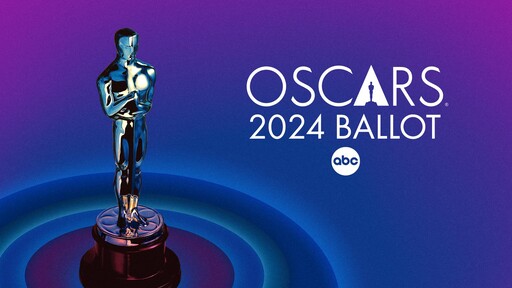
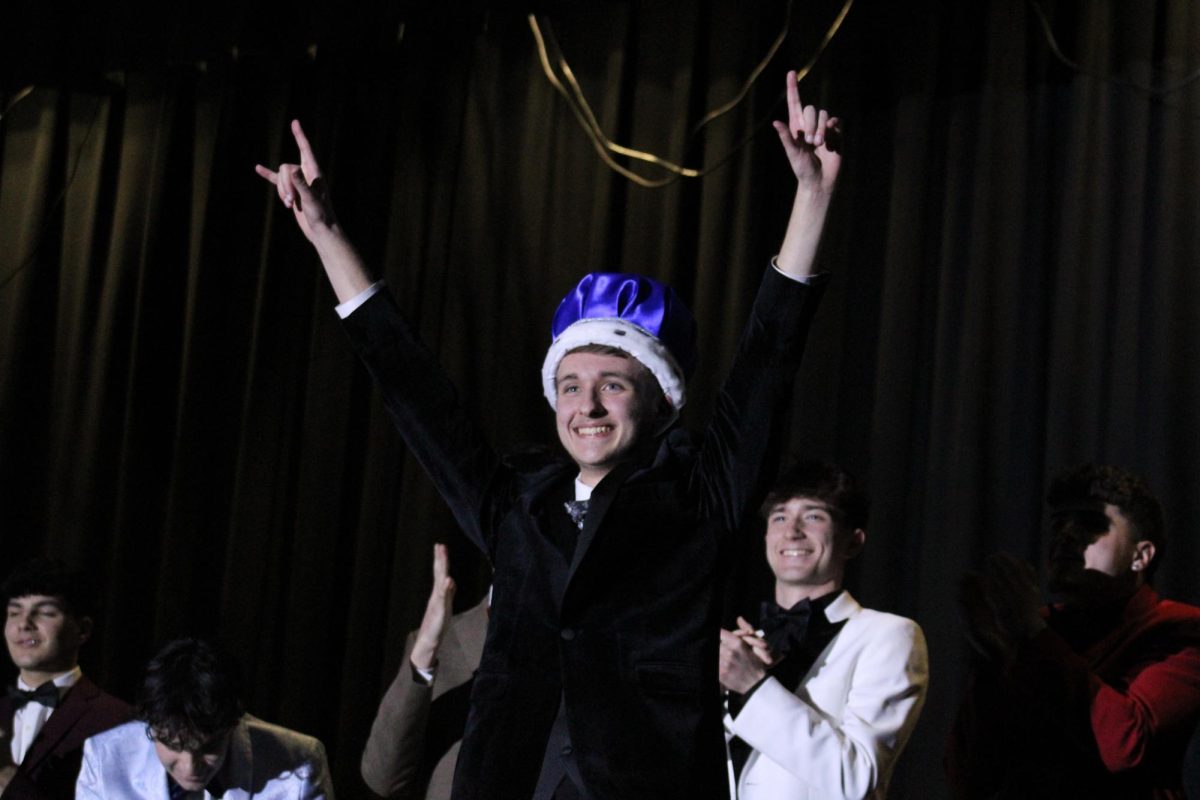
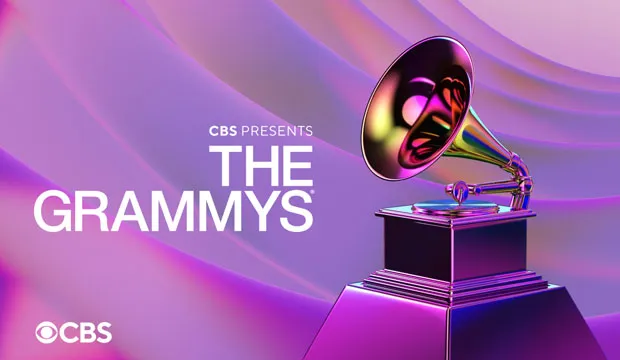
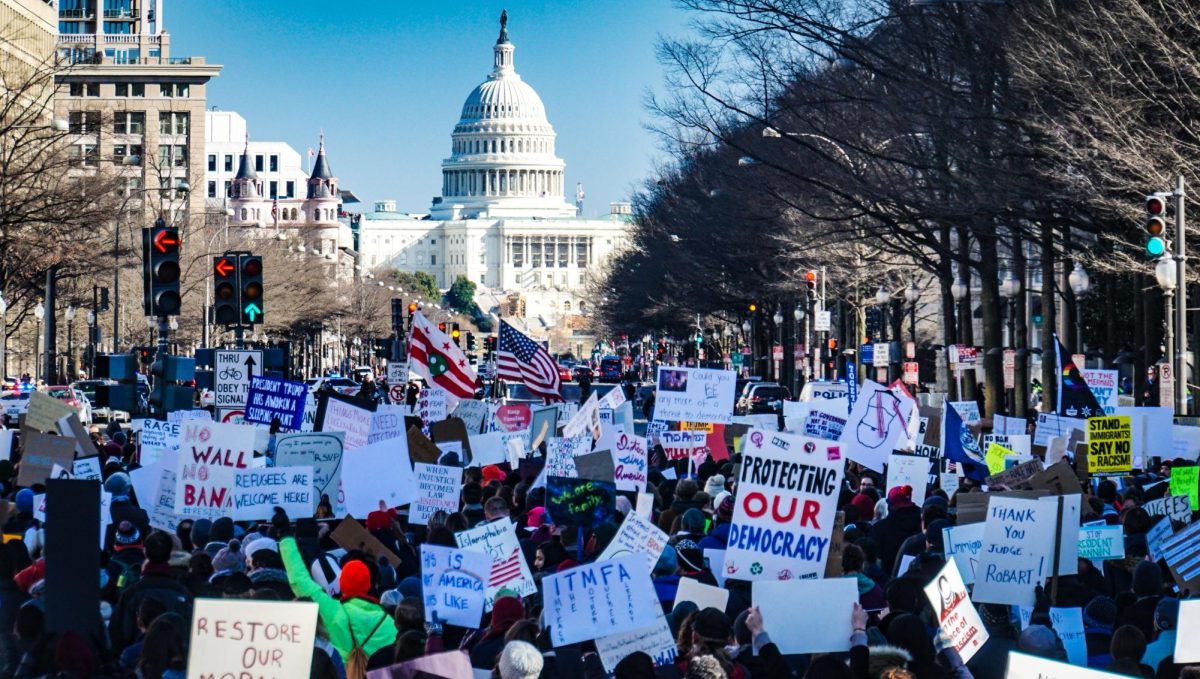

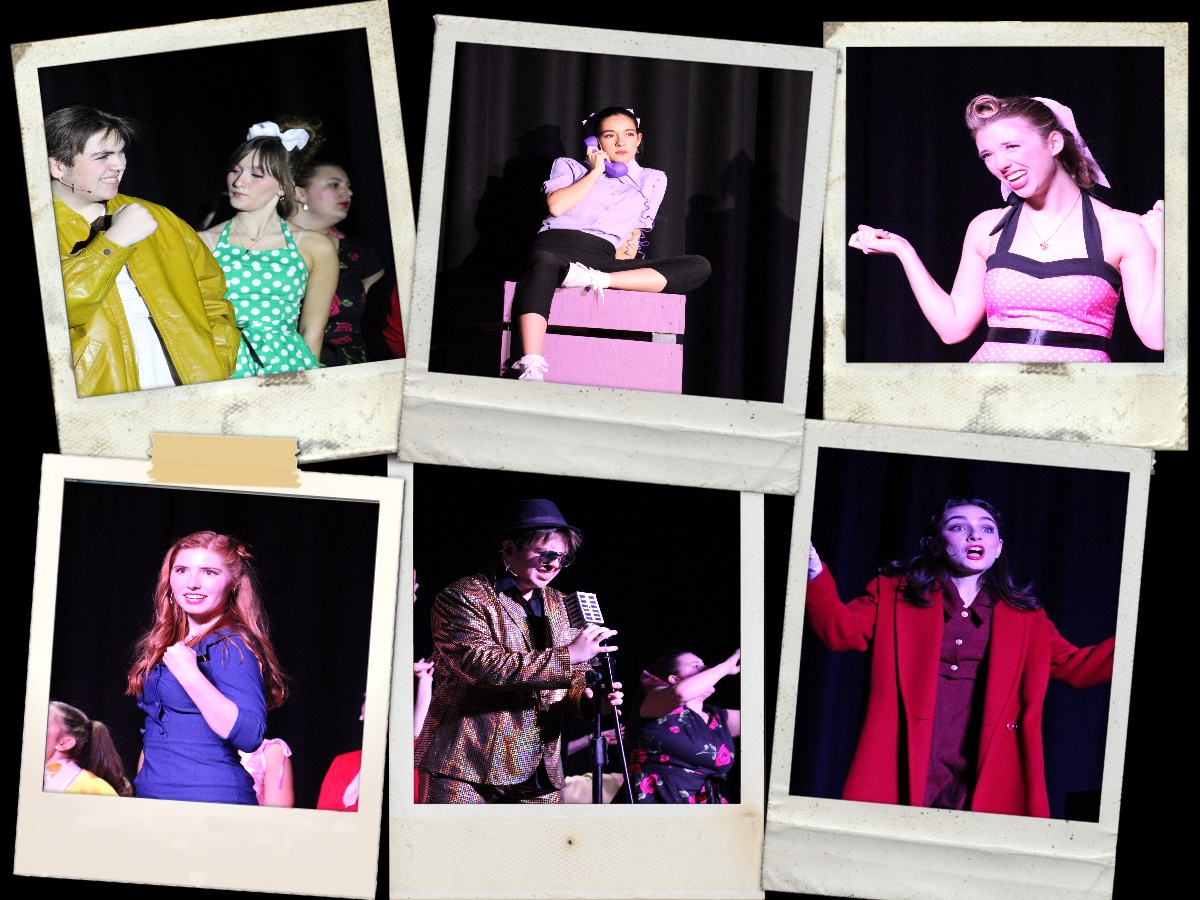
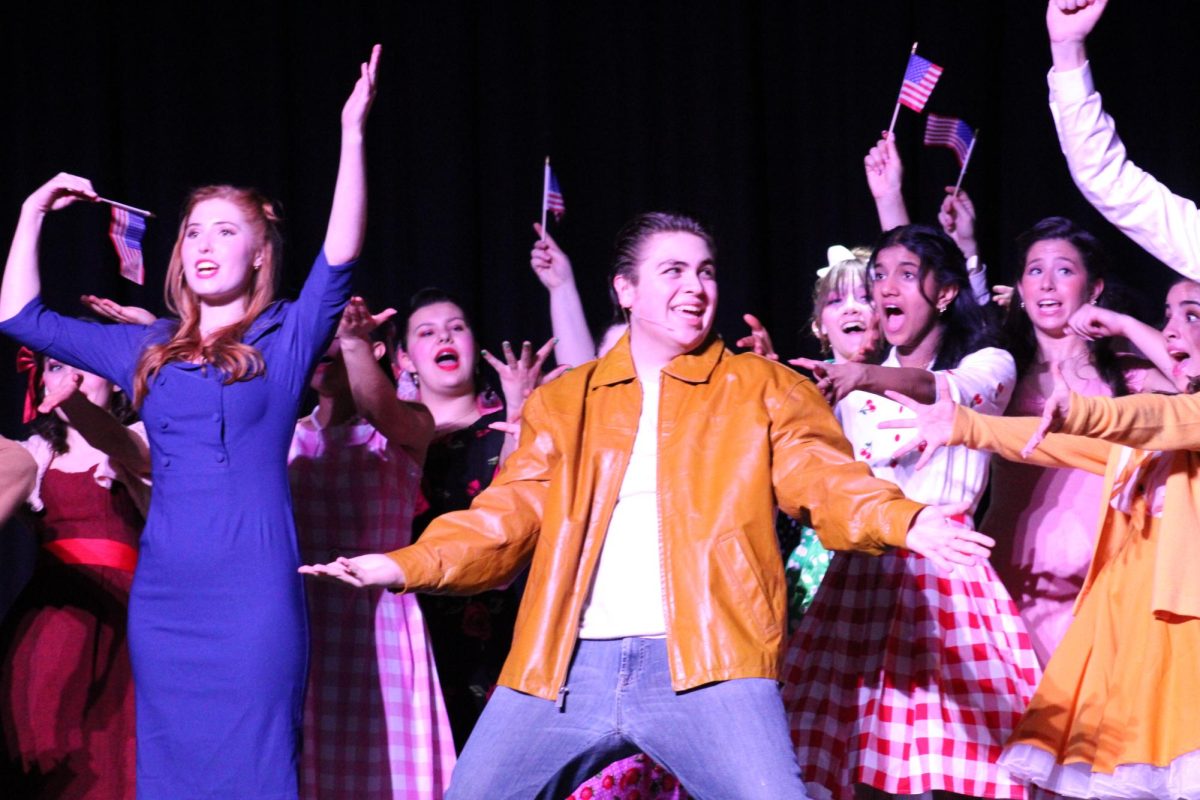
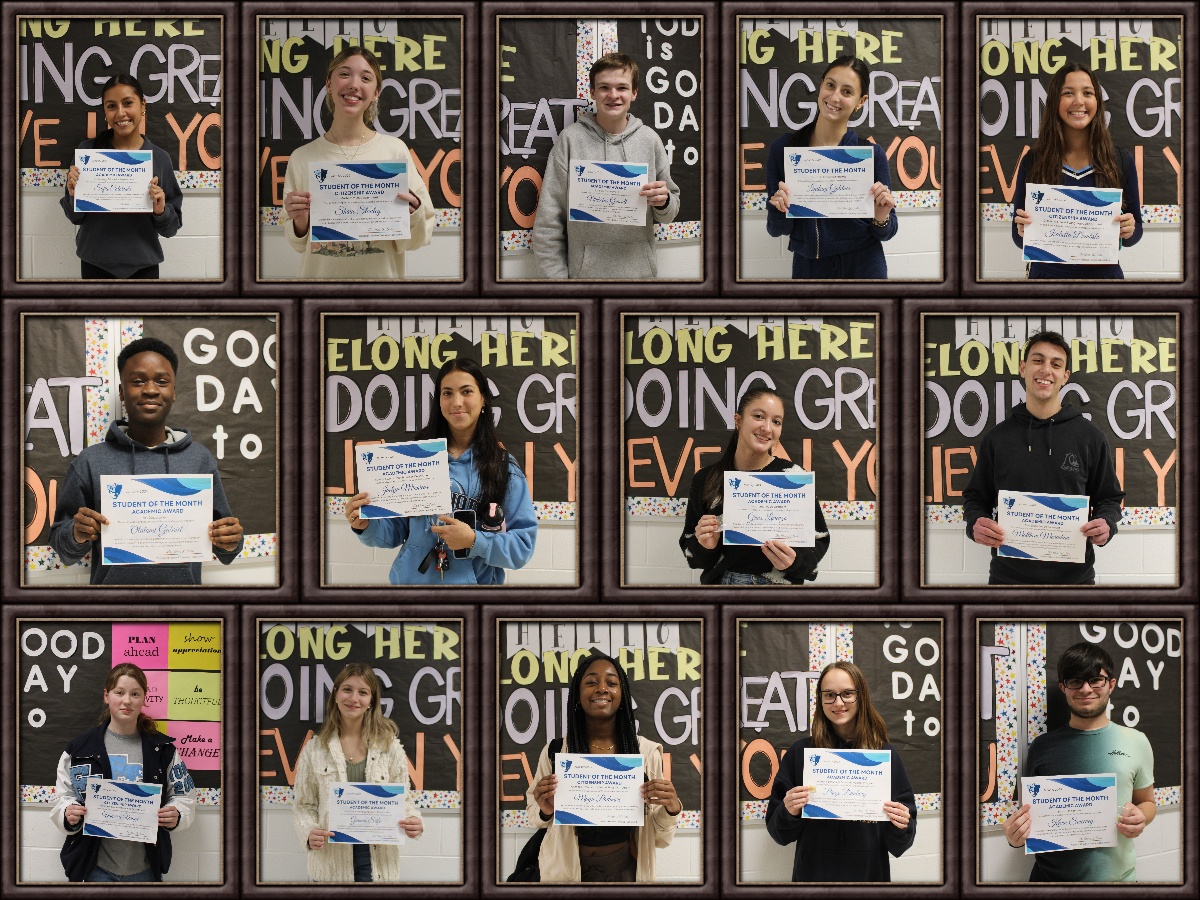
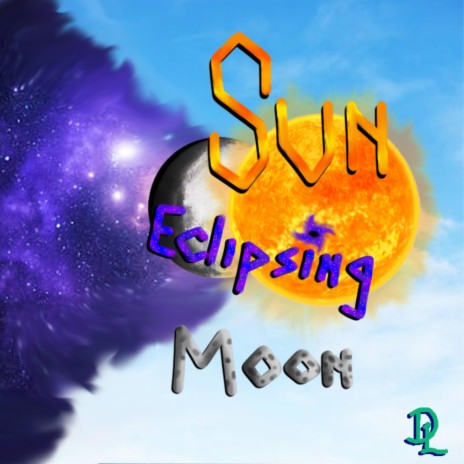

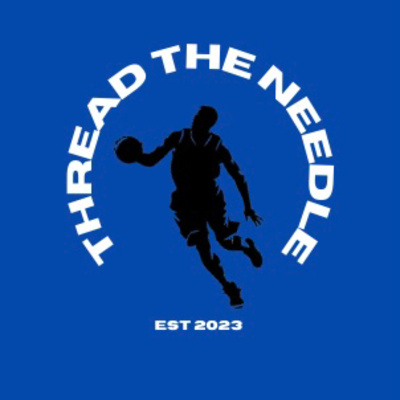

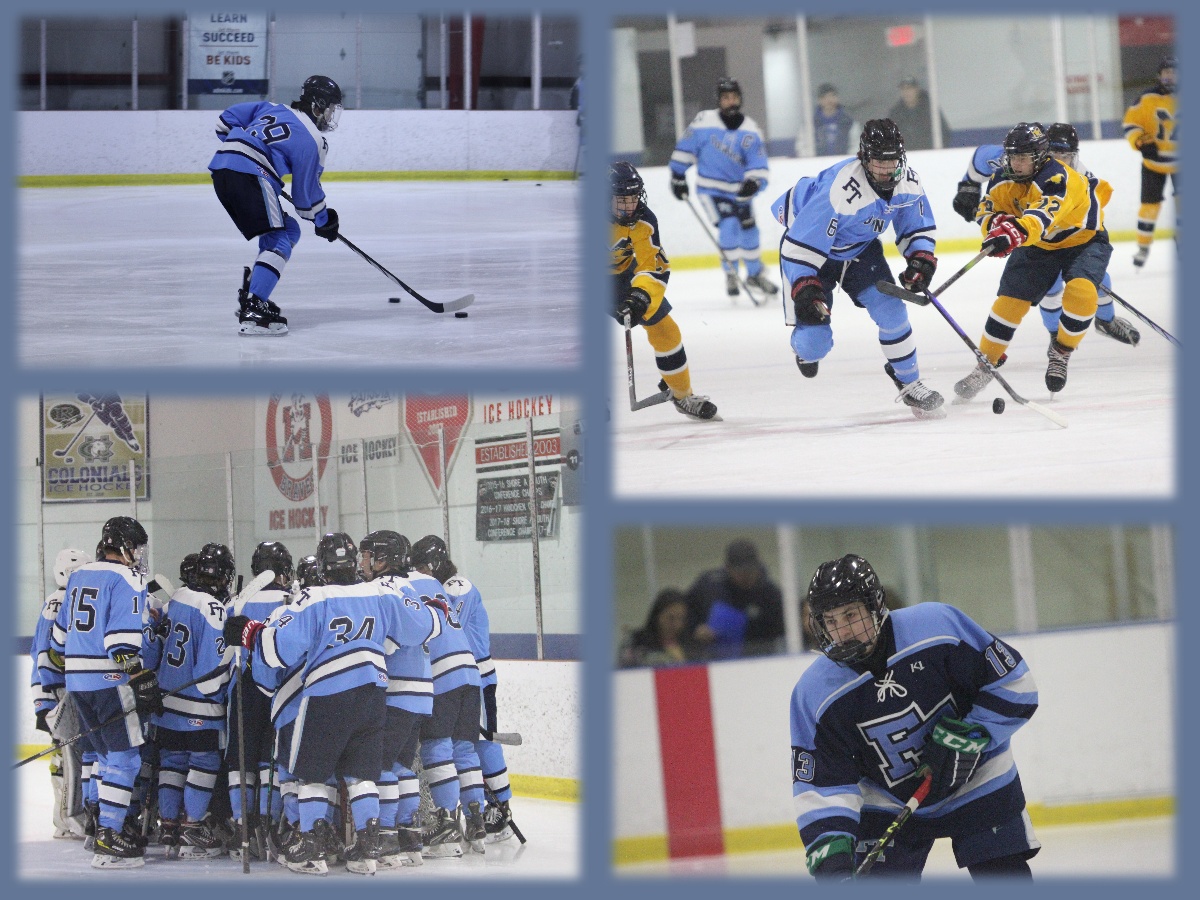
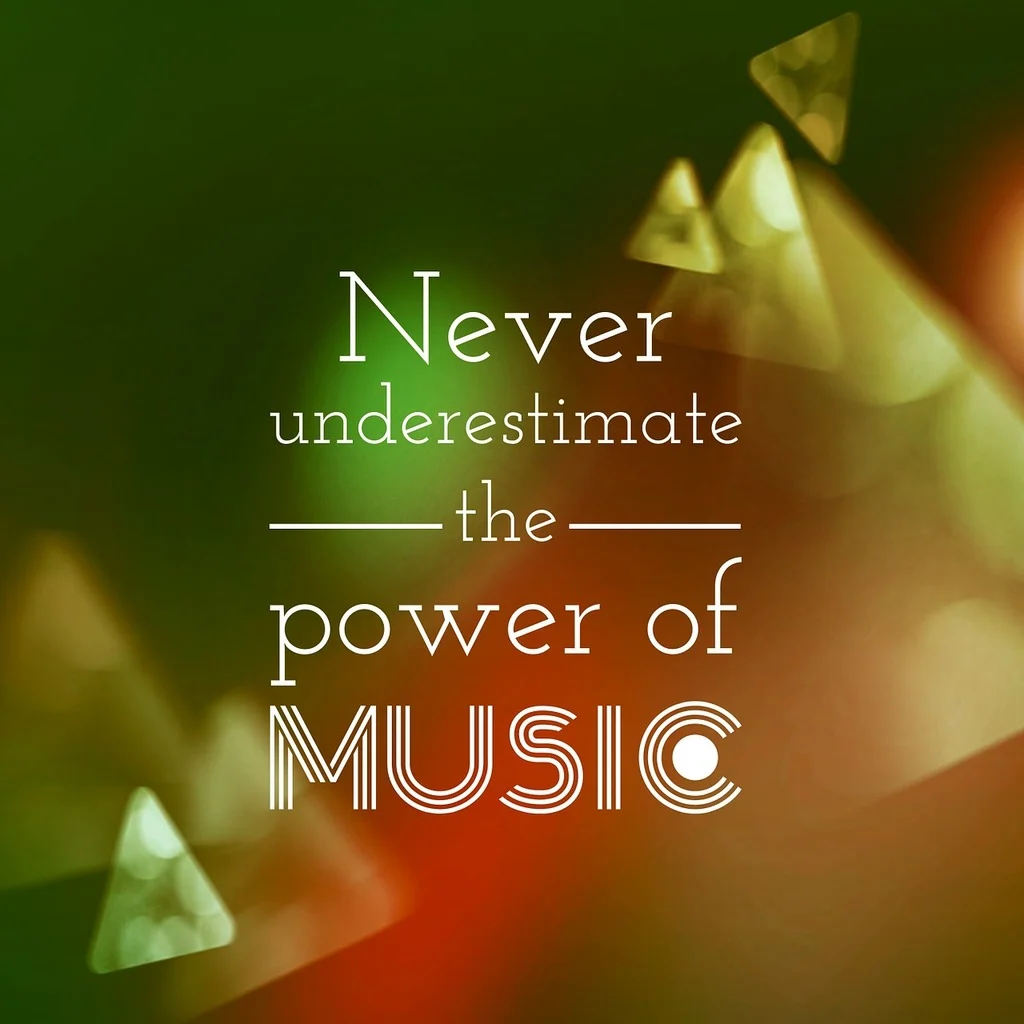

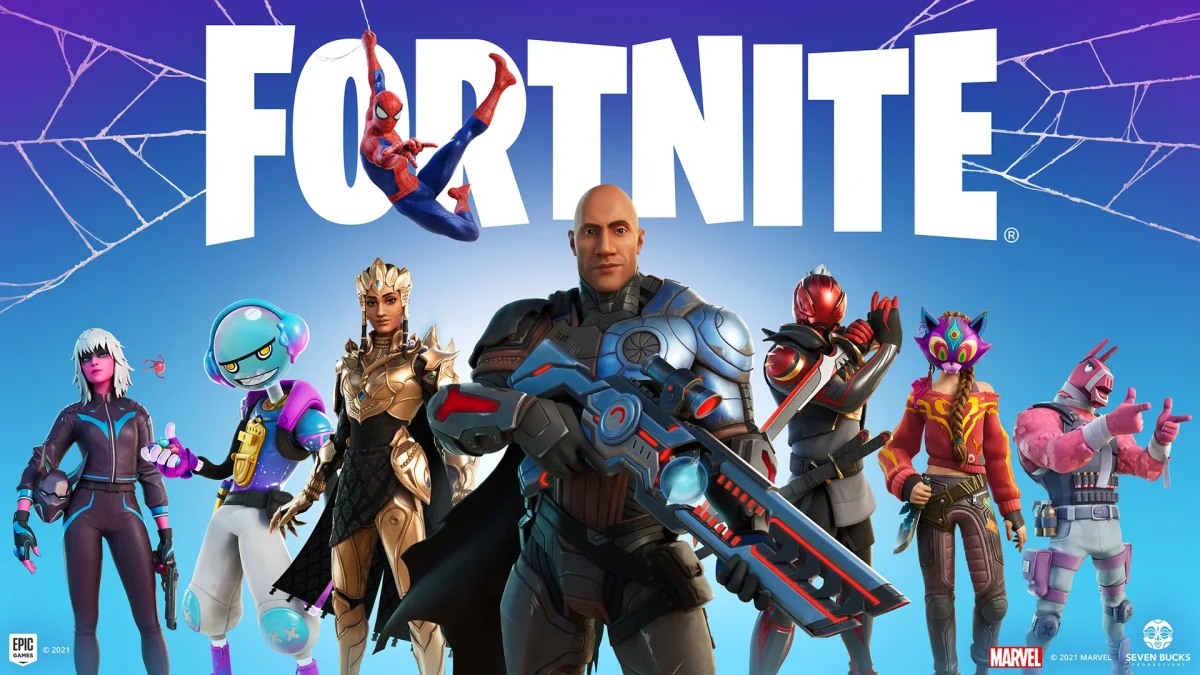

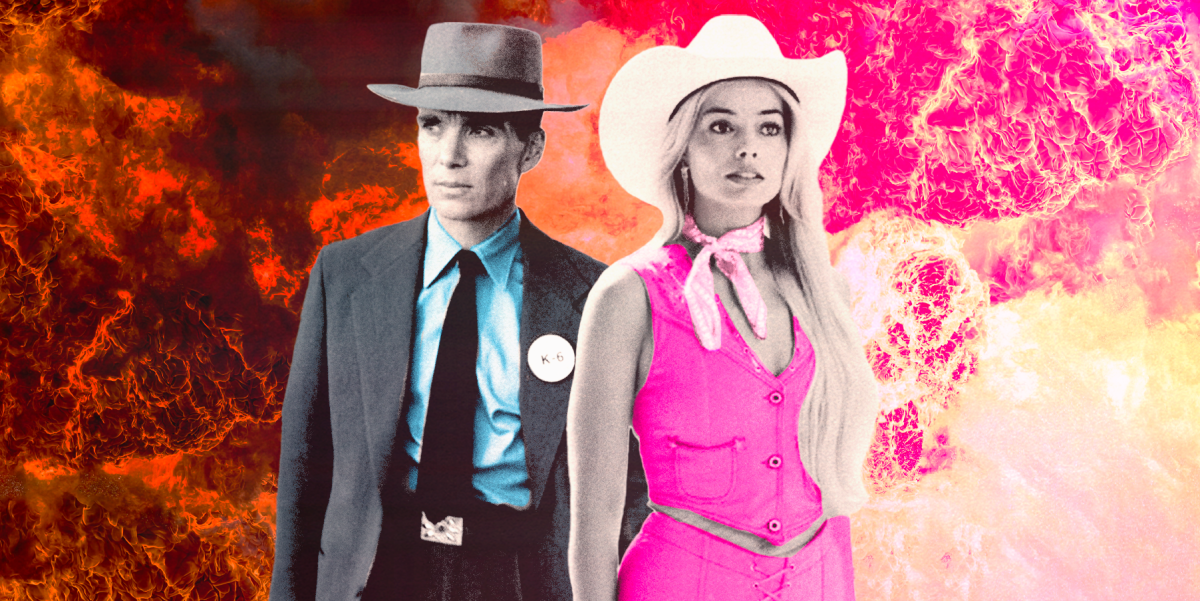


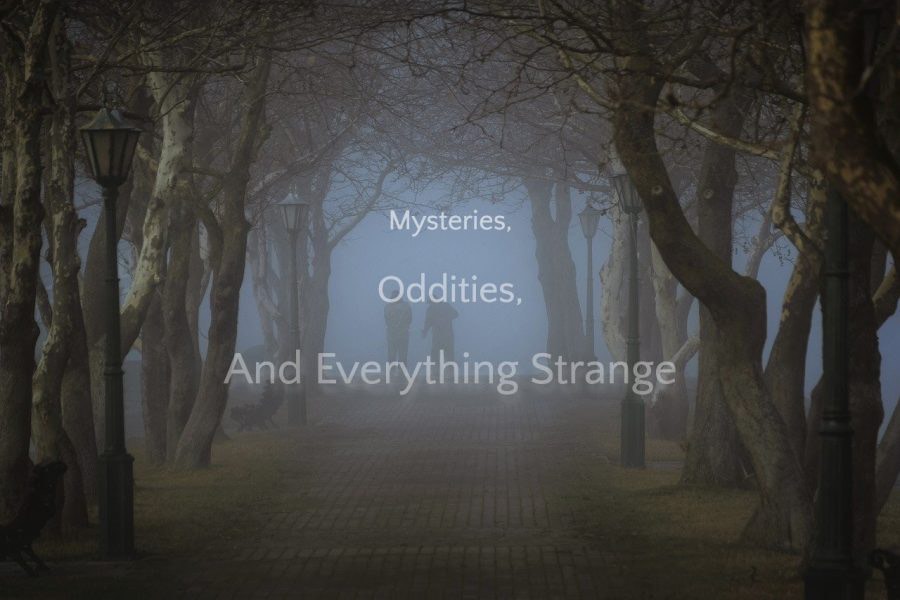
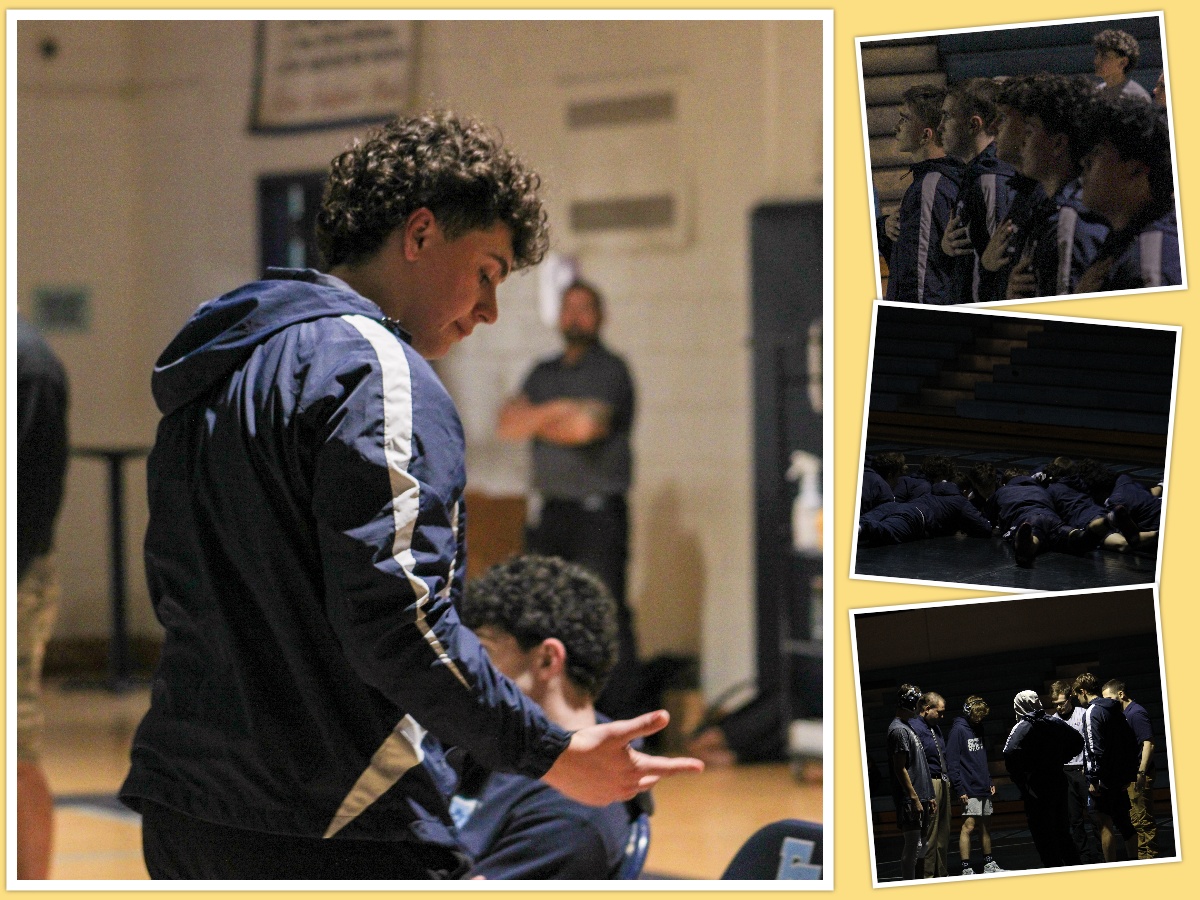
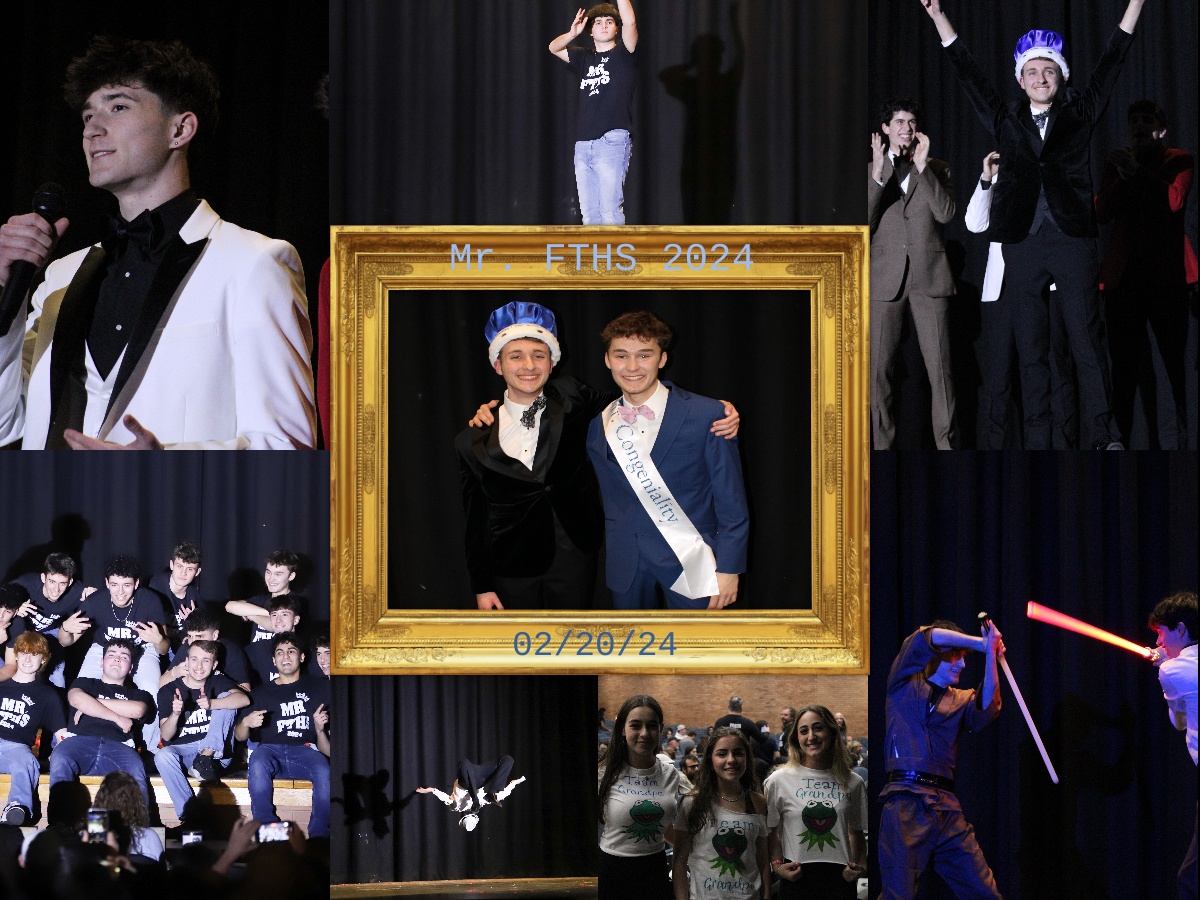
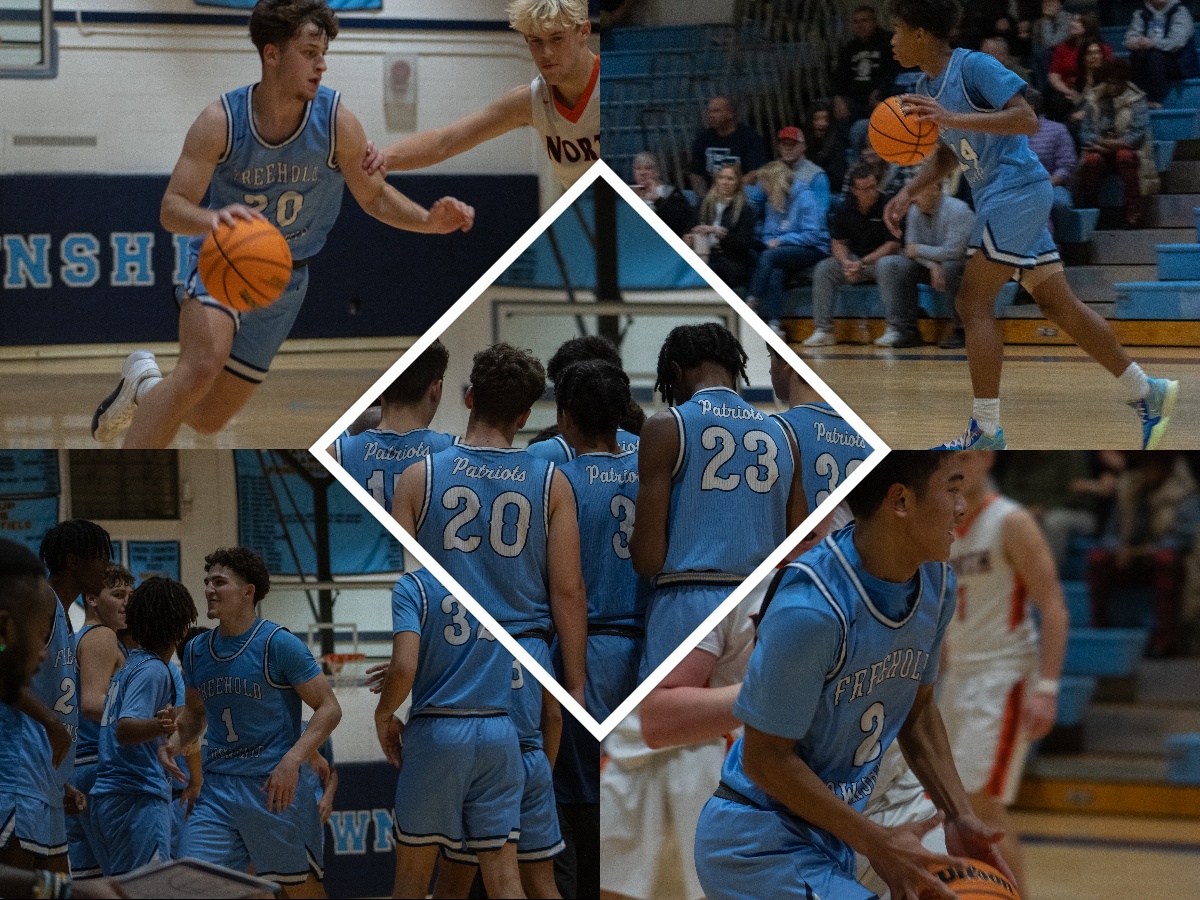




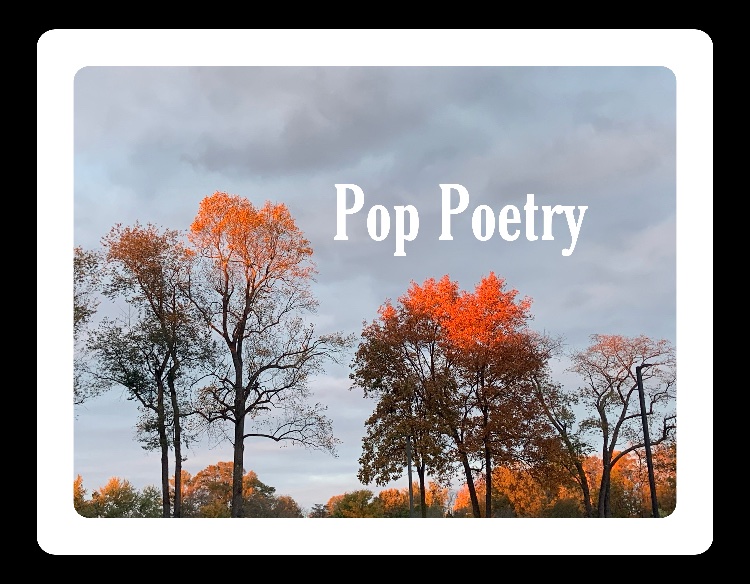






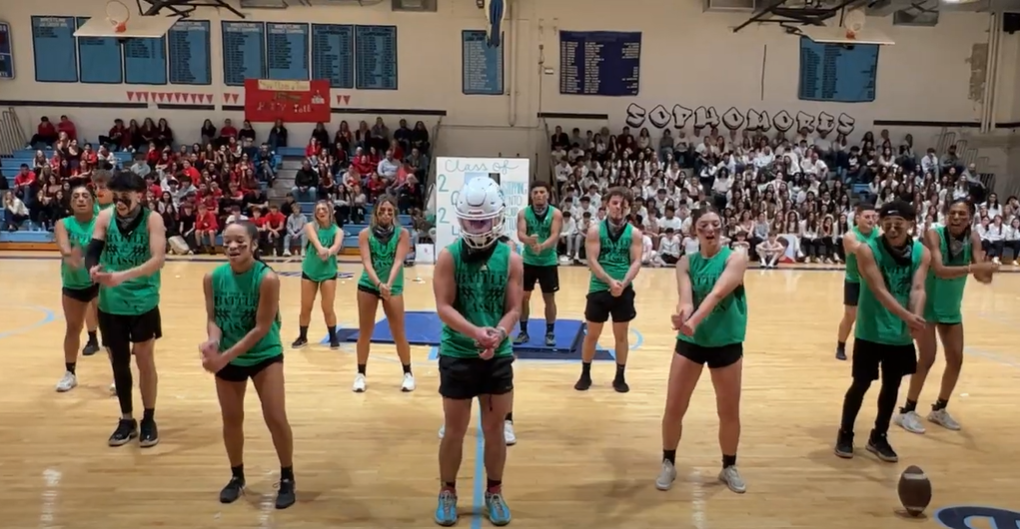
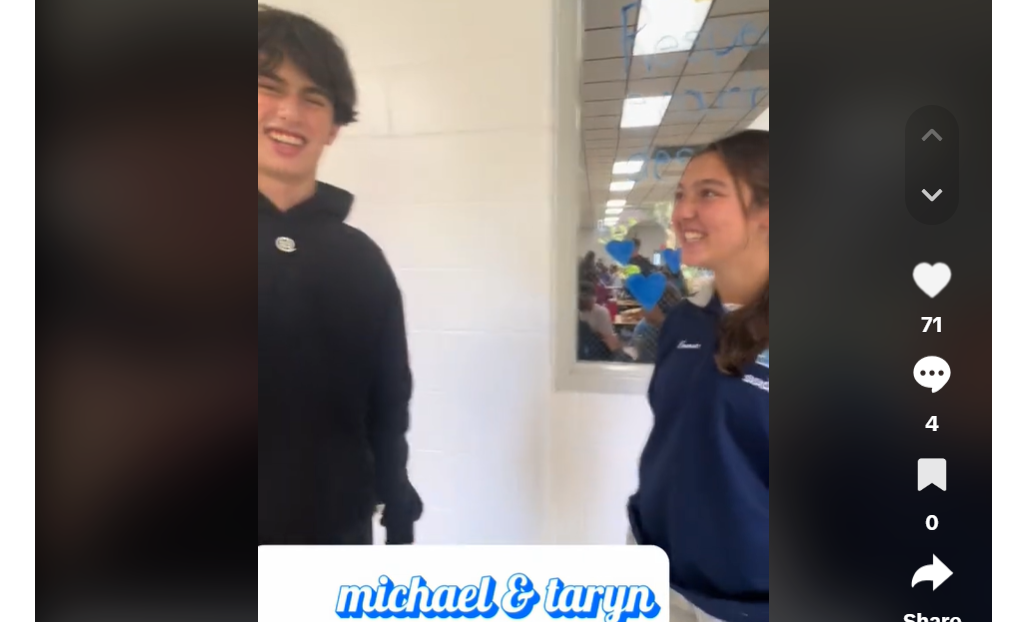
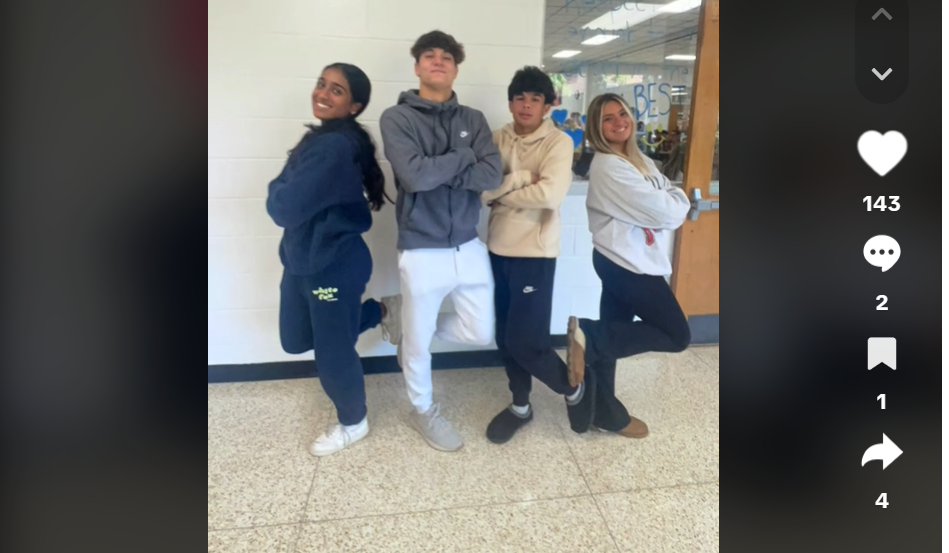
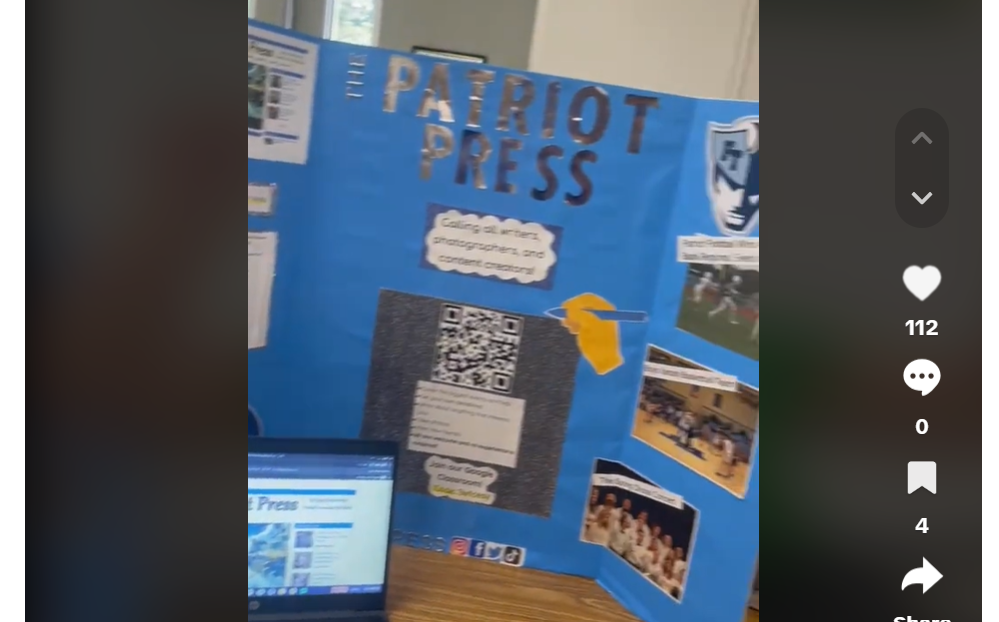




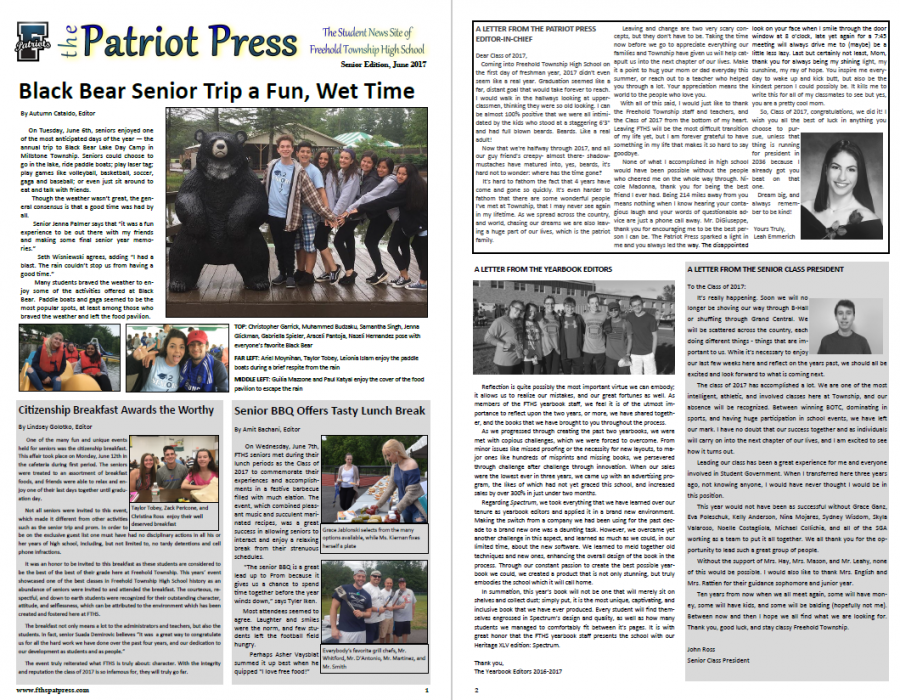



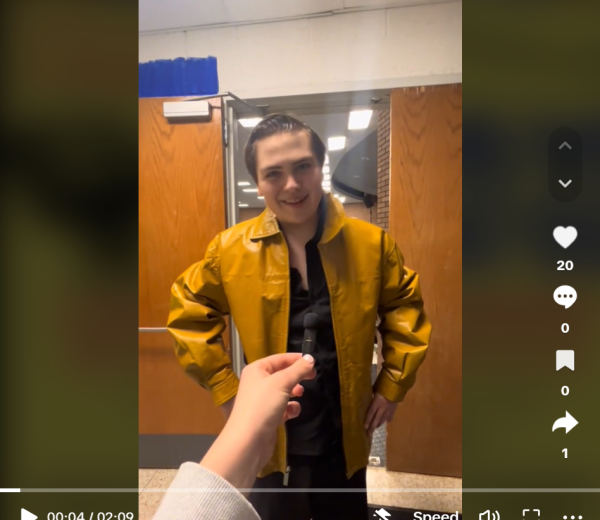
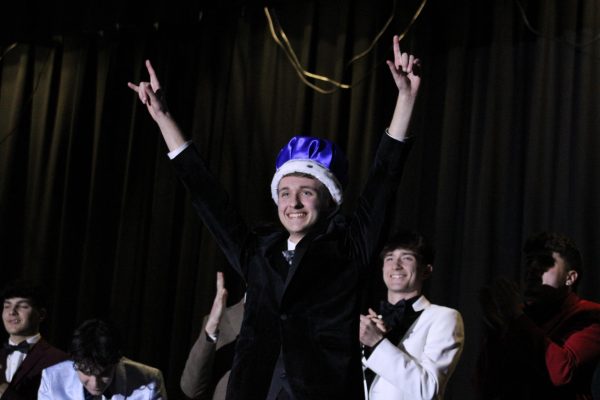
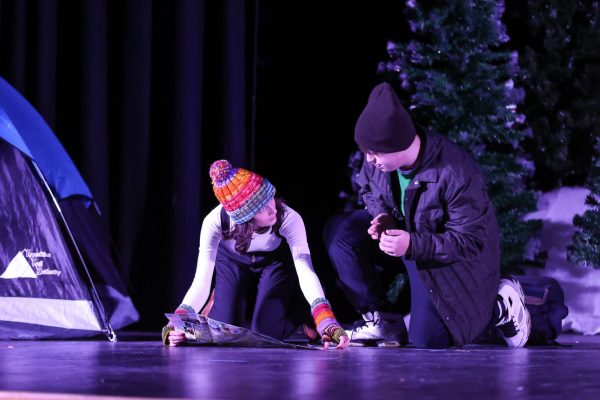
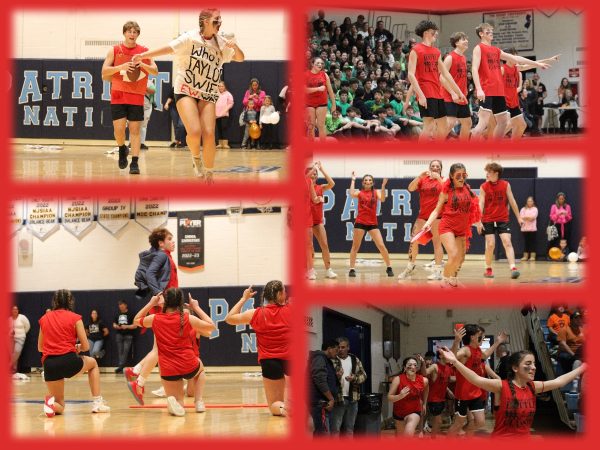
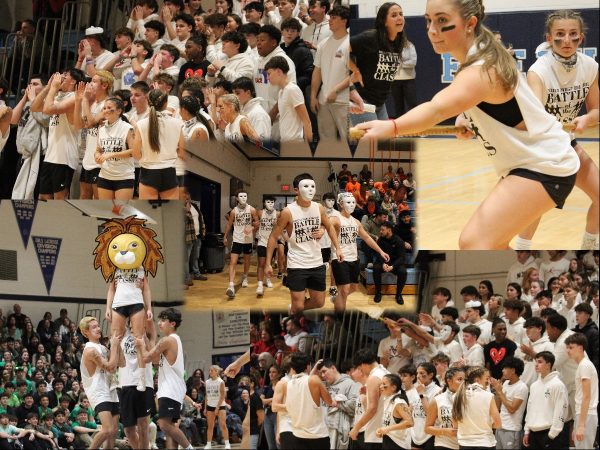
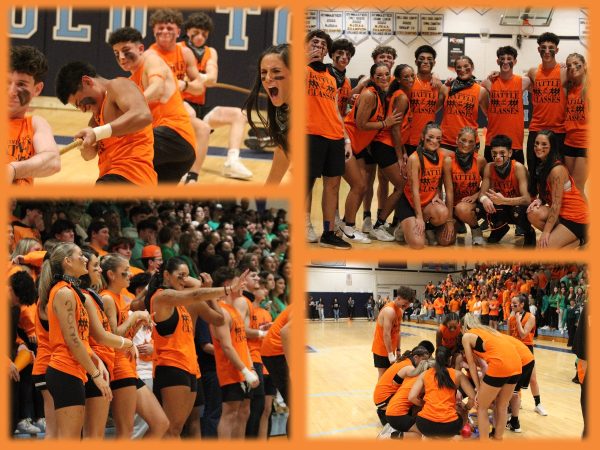
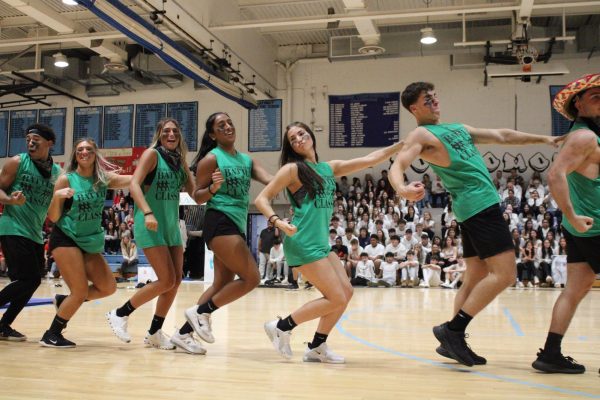
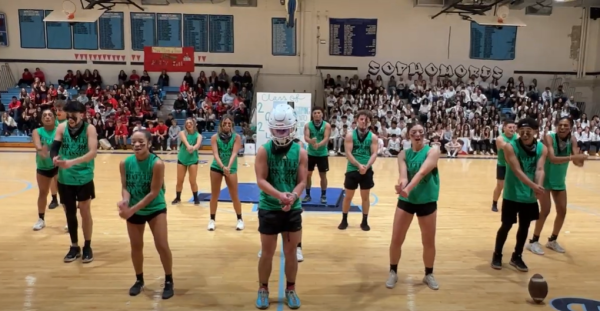
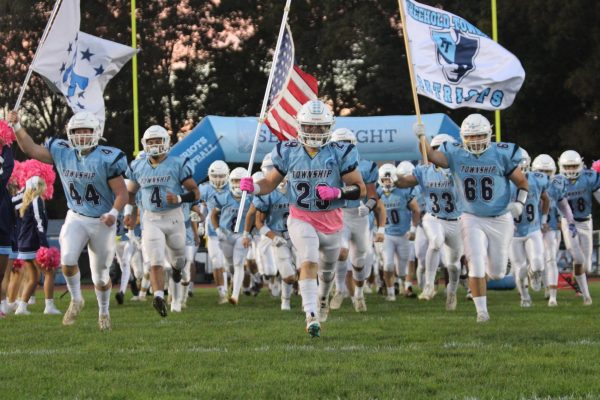
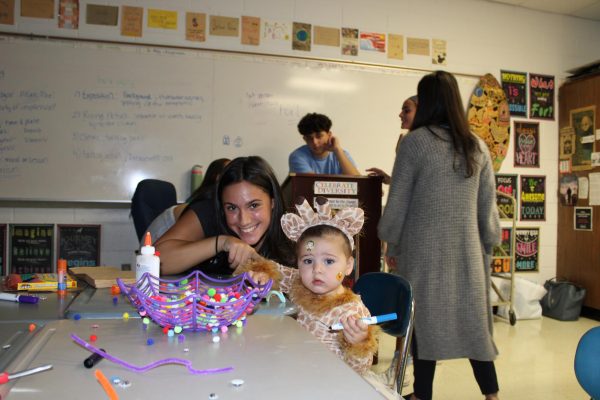
Not Noah • Feb 16, 2016 at 10:53 am
One word
Unfortunately…